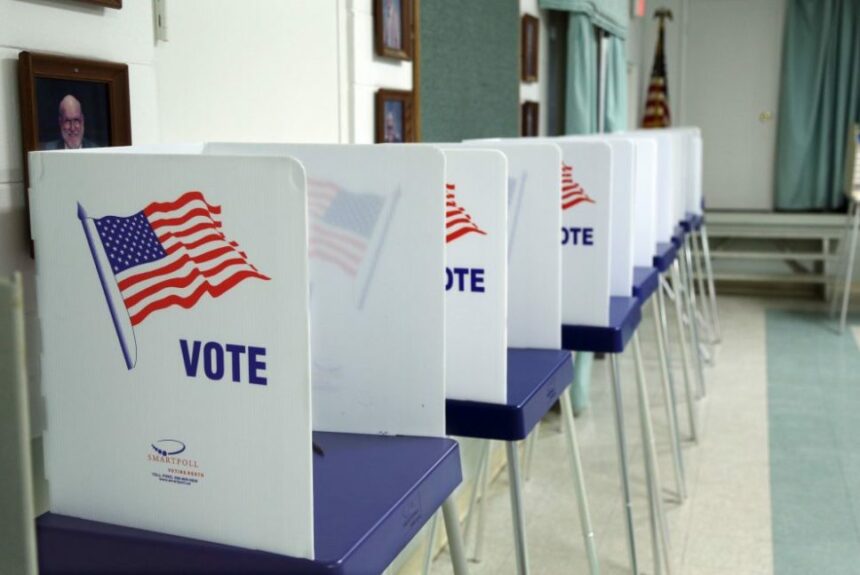The fate of the planet is not at stake this November, and climate change voters are not going to swing this election. Despite many climate activists hoping to turn those sentiments into truths, the facts simply do not bear that out.
Even so, energy affordability and a strong, healthy environment matter to Americans. Both climate change and climate change policy will affect what the voting public does care about: inflation, jobs, and the economy.
>>>READ: Tim Walz Pick Signals Progressive Confidence on Climate Policy
One of the more sobering assessments of how voters prioritize climate change comes from Blueprint 2024, a public opinion research initiative that provides “insights and recommendations on how to reach the voters who will be essential to delivering the Democrats the White House and control of Congress in 2024.”
A recent poll of young voters (18-30), responded similarly to how older Americans prioritize issues by placing economic and pocketbook issues ahead of climate change. The most popular high-priority issues were inflation, healthcare, and jobs and the economy. Issues like government spending, the federal deficit, social security, and foreign policy ranked higher than climate change, which was the 14th most prioritized issue out of 23.
That’s a little better than where climate change stood in a Pew Research Center poll in February. In that poll, 73 percent of respondents said strengthening the economy should be the top priority for Congress and the Biden administration. Only 36 percent said climate change, which ranked 18th out of 20 issues.
This does not mean that candidates should sweep the climate issue under the rug. The lowest priority issue for young voters, according to the Blueprint 2024 poll, was China. But no one is expecting Congress and a new administration to ignore China in 2025.
>>>READ: Energy Policies a Potential Trump-Vance Administration Should Prioritize
The same holds true for climate change. While climate policy may not be the deciding single issue some want it to be, it provides an opportunity to offer a public policy vision that connects the issues that matter to American families, workers, and small business owners, which C3 has done in our Candidate Briefing Book.
Policies that open access to the abundance of domestic resources and fix costly, ineffective regulations will empower the private sector to invest and innovate. The result will be more jobs, a stronger economy and a healthier environment. Policy reforms that unleash free enterprise will lower energy prices and lower emissions.
At the same time, bad energy and climate policies matter. Decisions like pausing liquefied natural gas exports or slow-walking permits for new energy projects increase costs for all consumers, especially low-income families who have to spend a disproportionate share of their income on energy costs. Bad energy policy in the name of addressing climate change also hampers economic growth and increases the cost of innovation.
Energy and climate policy matter. Perhaps in a few congressional districts or state and local elections with more independent voters, it will matter more there than elsewhere. But it’s wishful thinking to assume climate change is one of the most important issues leading up to November. It’s not. And that’s okay.
The views and opinions expressed are those of the author’s and do not necessarily reflect the official policy or position of C3.
